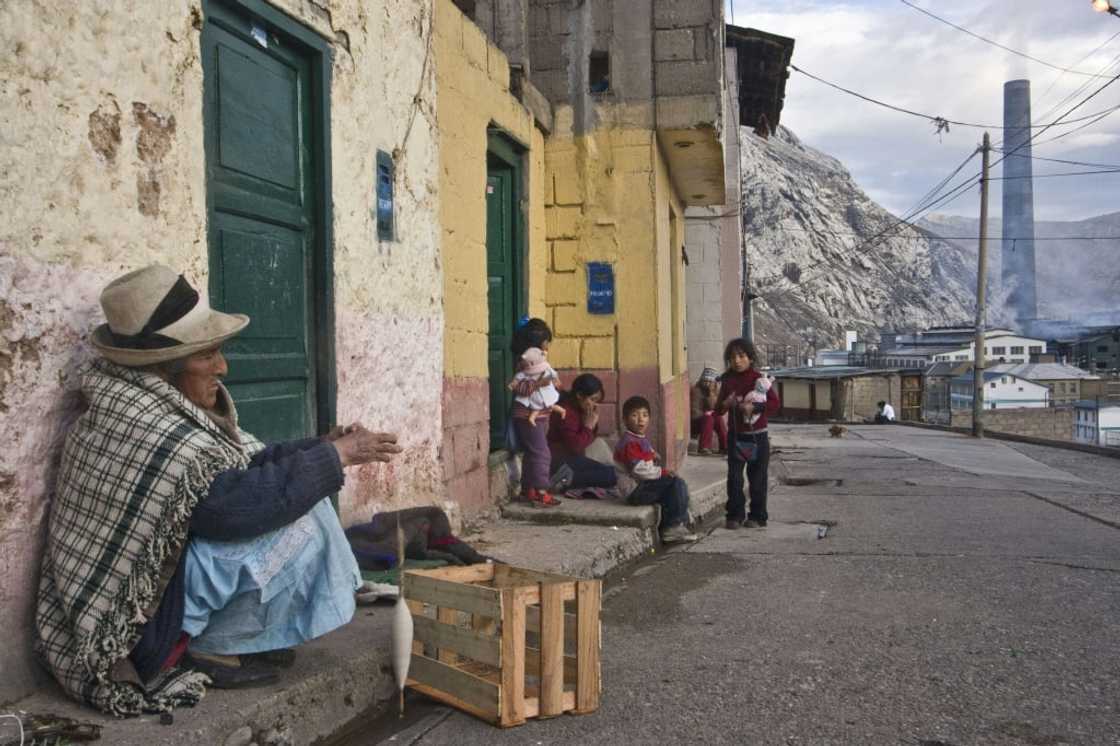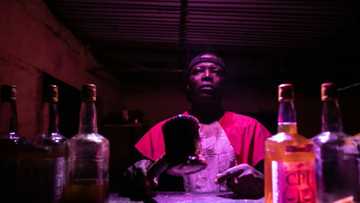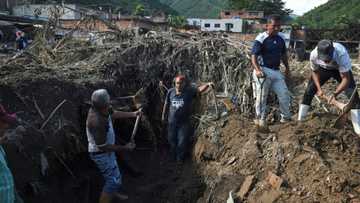Peru villagers accuse government of ignoring harm from mining

Source: AFP
PAY ATTENTION: Сheck out news that is picked exactly for YOU ➡️ find the “Recommended for you” block on the home page and enjoy!
Andean villagers in Peru told an inter-American rights court on Wednesday about how their health has suffered for decades due to environmental damage caused by a mining company extracting heavy metals in their midst.
The community of La Oroya accuses the government in Lima of having allowed the Doe Run Peru company, owned by US group Renco, to pollute at will while turning a blind eye to their fate.
"The State was like a father who ignored us," 74-year-old villager Rosa Amaro told the Inter-American Court of Human Rights on the first day of a hearing against the Peruvian government.
She was one of several residents to recount the effects of decades of exposure to heavy metals such as lead, cadmium and arsenic.
Watchdogs say La Oroya, a town of 30,000 some 185 kilometers (115 miles) east of Lima, is one of the world's most polluted cities because of smelters refining lead, zinc, gold and copper in the area.
Amaro told the court, sitting this week in the Uruguayan capital Montevideo, that she witnessed the hills surrounding her town become bare over time because "the plants would not grow."
PAY ATTENTION: Never miss breaking news – join Briefly News' Telegram channel!
Through tears, she testified of residents struggling with burning throats and eyes, headaches and difficulty breathing.
Others told of tumors, muscular problems and infertility blamed on pollution from the smelters.
Amaro, who headed a local lobby group in La Oroya, said she was forced in 2017 to leave the town where she had lived all her life due to threats from the relatives of mine workers worried about their jobs if Doe Run were brought to account.
The plaintiffs claim the state also failed to investigate threats and harassment against them.
'Compromised its obligation'
La Oroya residents sued the Peruvian government and obtained a partially favorable ruling in 2006 from the Constitutional Court, which ordered protective measures.
Last year the Inter-American Commission on Human Rights, which investigates suspected violations of human rights, said those measures were never implemented.
The commission found that the State had failed to regulate and oversee the behavior of the mining company and "compromised its obligation to guarantee human rights."
It referred the matter to the court now sitting in Montevideo to determine reparations.
"My health is already destroyed. All I want is for future generations to be in good health," plaintiff Yolanda Zurita, 63, told the court on Wednesday of her expectations from the process.
Doe Run Peru, which has operated in La Oroya since 1997, declared bankruptcy in 2009.
Under a credit agreement, the company was handed to its miner employees who want to reopen the abandoned smelter.
PAY ATTENTION: Сheck out news that is picked exactly for YOU ➡️ find the “Recommended for you” block on the home page and enjoy!
Source: AFP



